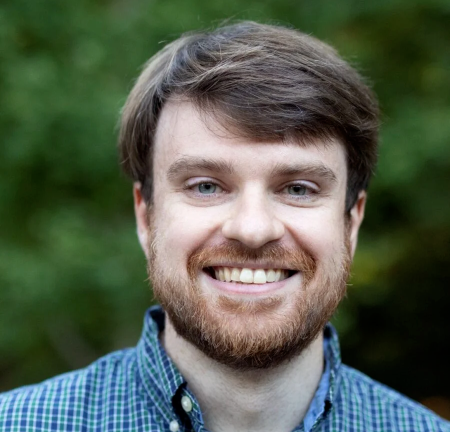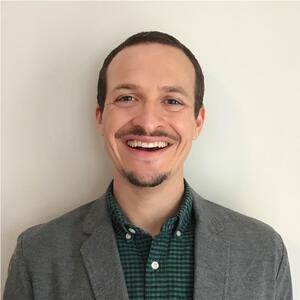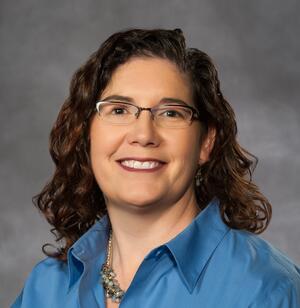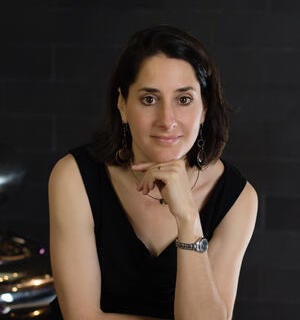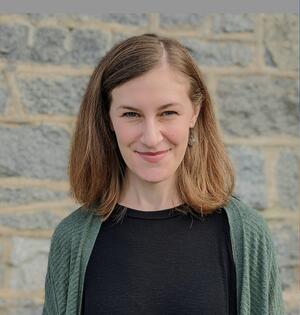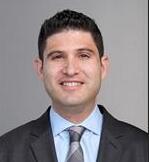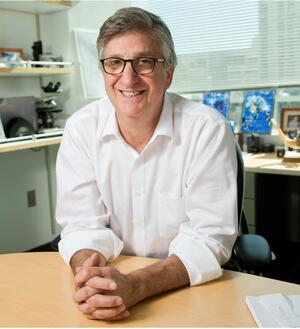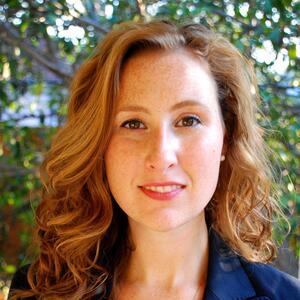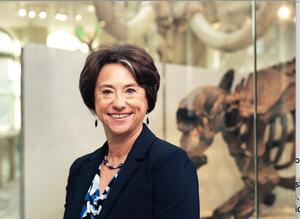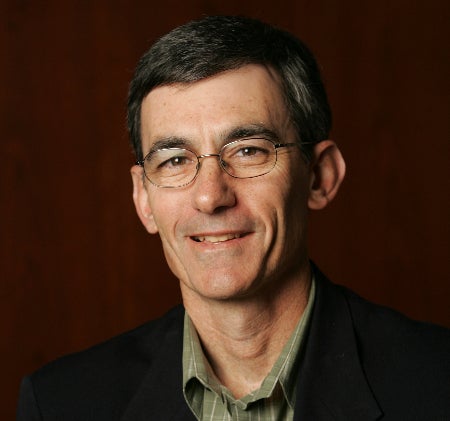Developmental Psychology Faculty
Core Faculty
*Faculty member who may potentially take students for Fall 2026 admission.
(Ph.D., 2022, Massachusetts Institute of Technology)
Assistant Professor of Psychology
Developmental Cognitive Neuroscience
(Ph.D., 2020, Northwestern University)
Assistant Professor of Psychology
Sandy LaTourrette is an Assistant Professor in Psychology studying the development of language and cognition.
(Ph.D., 1996, University of Rochester)
Professor of Psychology
Language acquisition in infants and toddlers, computational modeling.
(Ph.D., 2006, University of Leipzig)
Professor of Psychology
Development of social cognition in infancy and early childhood.
(Ph.D., 2017, Penn State)
Assistant Professor of Psychology
Development of emotion and emotion regulation by integrating psychophysiological, neuroimaging, and behavioral measures
(Ph.D., Vanderbilt University)
Professor of Psychology
Peer relationship problems in childhood and adolescence, including bullying, social rejection, friendlessness, and popularity/unpopularity. Associations between social media use and school adjustment.
Affiliated Faculty
Students typically have a primary advisor who is one of the Developmental Faculty. The following faculty are affiliated with the Developmental area and may serve as a co-advisor and co-mentor to students. Among the things that they provide to the area are presenting colloquia, serving on student dissertation committees, and collaborating with students and Developmental faculty on research projects.
(Ph.D., University of North Carolina, Chapel Hill)
Dr. Dusing holds the Sykes Family Chair in Pediatric Physical Therapy, Health and Development. Dr. Dusing’s research focuses on motor and cognitive development as a function of how parent-child interaction changes in families with mobile children or children with mobility challenges.
(Ed.D., Harvard Graduate School of Education)
Dr. Immordino-Yang is Professor of Education, Psychology & Neuroscience, Director, USC Center for Affective Neuroscience, Development, Learning and Education (candle.usc.edu) Brain & Creativity Institute; Rossier School of Education.
Dr. Immordino-Yang studies the neuropsychological development of social emotion, meaning-making and self-awareness, and connections to thinking and learning in formal and informal educational settings.
(MD, 2002, Harvard Medical School)
Dr. Jeste, MD, is the Las Madrinas Chair and Professor Neurology and Pediatrics, Keck School of Medicine, and Chief, Division of Neurology and Co-Director, Neurological Institute, Children’s Hospital, Los Angeles. Dr. Jeste’s lab uses tools such as high-density EEG and eye tracking to identify brain-based biomarkers of risk stratification and outcome in infants and children with neurodevelopmental disorders, such as autism and intellectual disability. Her studies have led to the identification of early predictors of autism in high risk infants and have accelerated clinical trial readiness in neurodevelopmental disorders.
(Ph.D., New York University, DPT, University of Southern California)
Dr. Kretch is an Assistant Professor of Research in the Division of Biokinesiology and Physical Therapy, Keck School of Medicine. Dr. Kretch’s research focuses on perceptual-motor skills and processes of developmental change in infants with typical and atypical motor development. The overall goal is to promote exploration, learning, and global development in children with physical disabilities.
(Ph.D., University of Houston)
Dr. Adam Leventhal is Professor of Population and Public Health Sciences and Psychology at the USC Norris Comprehensive Cancer Center at the Keck School of Medicine, and Director of the USC Institute for Addiction Science and the Health, Emotion and Addiction Laboratory. His research focuses on adolescent and young adult use of tobacco, cannabis, and opioids, the co-occurrence of addiction and mental illness, using science to inform public policies for regulating tobacco and other consumer products and cancer and cardiovascular disease prevention.
(Ph.D., UC San Diego)
Dr. Levitt is the Simms/Mann Chair in Developmental Neurogenetics, Program in Developmental Neuroscience & Neurogenetics and William Keck Provost Professor in Neurogenetics in the Department of Pediatrics. He is Chief Scientific Officer, Vice President, and Director, The Saban Research Institute, Keck School of Medicine. His research focuses on the impact of experience on healthy brain and child development and uses multimodal data to identify children at high risk for developing Autism Spectrum Disorder.
(Ph.D., Stanford University, J.D., Harvard Law School)
Dr. Lyon holds the Judge Edward J. and Ruey L. Guirado Chair in Law and Psychology at USC and directs the USC Child Interviewing Lab. He studies how to maximize children’s productivity as witnesses and minimize suggestibility and error, working with children questioned about child abuse in forensic interviews and in court.
(Ph.D., Duke University)
Associate Professor of Education at the Rossier School of Education
Dr. Patall’s research is focused on the determinants and development of motivation, in particular, the role of support for autonomy and agency. Dr. Patall is also interested in the use of research synthesis and meta-analytic methods in social science research.
(Ph.D., University of Massachusetts, Amherst)
Dr. Sinatra is the Stephen H. Crocker Chair of Psychology and Education at the Rossier School of Education and heads the Motivated Change Research Lab, the mission of which is understanding the cognitive, motivational, and emotional processes that lead to attitude change, conceptual change, and successful STEM learning. Specifically, Sinatra explores the role of motivation and emotion in teaching and learning about controversial topics such as climate change and biological evolution.
(Ph.D., University of Maryland, College Park)
Alexis Wellwood is an Associate Professor of Philosophy, Linguistics and active in the Cognitive Sciences program. Dr. Wellwood’s research interests include natural language semantics, language acquisition, event representation and quantification, and the interface between linguistic and visual representation.
Emeritus
(Ph.D., 1989, University of California, Los Angeles)
JoAnn Farver is a Professor Emeritus of Psychology. Professor Farver’s research and teaching specialties are in the area of development psychology with a focus on children’s socio-emotional development in the context of the immigrant experience for families and their adjustment to a mainstream culture. Professor Farver’s current research cross-cultural projects include: “affluenza” in Hong Kong; a cyberbullying/cyberbystander project also in Hong Kong, and a study of immigrant families and their adolescent children in California’s central valley.
(Ph.D., 1981, University of Minnesota)
Frank Manis is a Professor Emeritus of Psychology. His research focuses on literacy development, cognitive and neurological bases of dyslexia.

